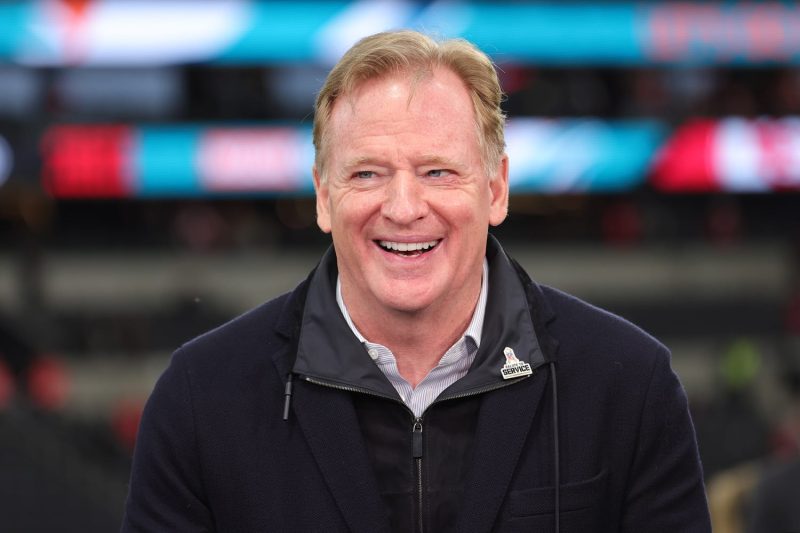NFL Open to Private Equity Team Ownership of Up to 10%, Commissioner Roger Goodell Says
The National Football League (NFL) has long been steeped in tradition and history, with team ownership often closely tied to families or wealthy individuals who are passionate about the game. However, a recent statement by NFL Commissioner Roger Goodell suggests that the league may be open to a new frontier of ownership – one that involves private equity firms.
Private equity firms, known for their financial acumen and ability to drive value in their investments, have not historically been major players in the world of professional sports team ownership. However, the idea of private equity ownership of NFL teams is not as far-fetched as it may seem. Goodell’s statement indicates that the league is willing to consider allowing private equity firms to own up to 10% of a team, signaling a potential shift in the landscape of NFL ownership.
This development could have wide-ranging implications for the NFL and its teams. Private equity firms are known for their ability to inject capital into struggling businesses and drive operational improvements, which could potentially benefit NFL teams facing financial challenges or in need of strategic guidance. Additionally, private equity ownership could bring new perspectives and innovative business strategies to the table, helping teams stay competitive in an ever-evolving sports landscape.
However, the prospect of private equity ownership of NFL teams also raises important questions and concerns. Critics worry that private equity firms, driven by profit motives, may prioritize financial gains over the long-term interests of the team and its fans. There are also concerns about the potential for conflicts of interest, as private equity owners may have different priorities and agendas than traditional team owners.
Despite these potential drawbacks, the NFL’s willingness to entertain the idea of private equity ownership is a clear signal that the league is open to exploring new avenues for growth and innovation. As the sports industry continues to evolve, it will be interesting to see how the relationship between private equity and NFL team ownership develops in the coming years.
In conclusion, the possibility of private equity ownership of NFL teams represents a significant departure from the league’s traditional ownership structure. While there are valid concerns about the implications of this shift, there is also potential for private equity firms to bring fresh perspectives and financial resources to NFL teams. As the league navigates this new frontier of ownership, it will be important to carefully consider the implications for the long-term success and integrity of NFL teams.
